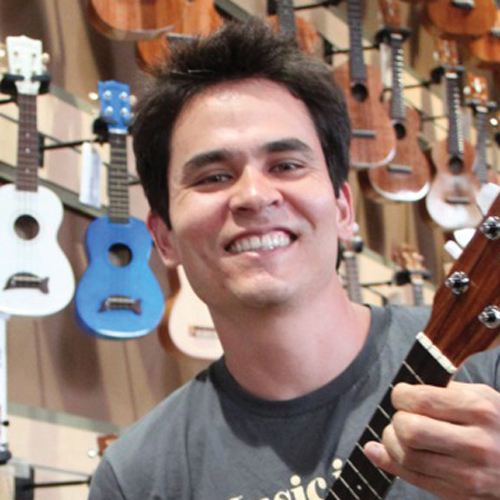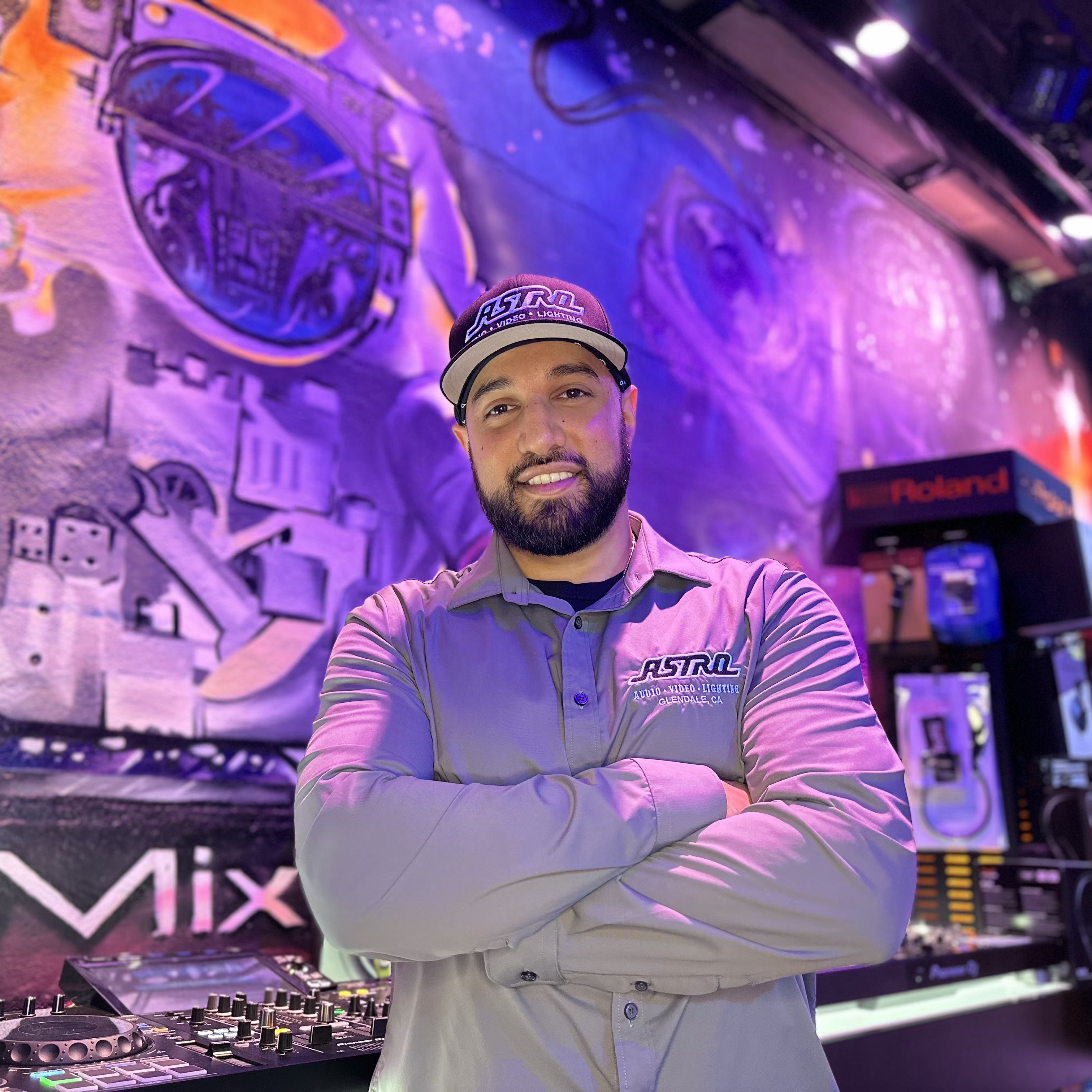When I was a younger man, I used to be a certified lifeguard. I was not a big-wave-life-saving dynamo in the ocean, watching only a swimming pool, but I trained and lifeguarded nonetheless.
There are a few lessons that I took away from lifeguard training that served me well in life and business. When we were doing CPR training, we were taught how to ask a bystander to call for help. What you do not do is look at the crowd surrounding you and randomly shout, “SOMEONE CALL 911!” We were told to be specific. You need to look up, find a person in the crowd, point and say, “YOU, IN THE BLACK SHIRT, CALL 911!”
If you call out to the group, everyone will think another person is responsible, and no one will do anything. By being specific and pointing at an individual person, you circumvent this group paralysis problem. That person knows they need to respond and act now.
I’ve found this concept in play as a business owner time and time again. When I first started running Easy Music Center, I found it easier to ask questions by mass email blast. Likewise, I liked to hold meetings and ask questions in front of the group, expecting to get a clear response from each person who held an opinion. I felt let down repeatedly.
Do people who don’t or won’t respond to group blasts or group meetings not have an opinion to share? The answer is likely no. They may have thoughts to share, but they just don’t feel comfortable sharing them in front of the group, by email or in person. They need you to point at them and say, “YOU, IN THE BLACK SHIRT! Do you think we should have a pooled or individual commission system?”
It’s shocking how this changes your results. I could email five managers in a group blast, ask that one question, and I’d be lucky to get two solid responses. If I took the time to write that exact same email but only addressed it to one person, I would likely get a response from each person via email.
It’s the same thing if you do it in person. At a group meeting, I would ask for ideas and thoughts, and it would be the same people — the boldest — who would share their thoughts. Sometimes this was good and sometimes it was bad, but what it was not was an accurate representation of the group. If, instead, I walked up to each person afterward and asked them their opinion one on one, I was always shocked at what people were willing to say to me privately.
There is a trust bond formed between two people that is much harder to achieve in front of a group. There are expectations that are easily set between two people that are sometimes lost in group dynamics.
Let me round this out with another lifeguard story.
We used to field test large groups of students for their water readiness. I was instructed to stand in front of the group and say, “If you can’t swim, please raise your hand.” The first time I ran this diagnostic, in a group of 50 students, one student raised their hand. I pulled them from the group and didn’t try to run them through the normal everyone-jump-in-the-water-and-tread-for-five-minutes swim test. When the other 49 students jumped into the water, I saw two girls sink almost immediately. Luckily, they didn’t go far from the side of the pool, so I was able pull them to safety.
It boggled my mind that they jumped into the water knowing they could not swim. I know if I had asked each student individually, that would have never happened. I never ran the test like that again, and I never had someone almost drown on me again either.
Do not underestimate how much some people loathe communicating in front of a crowd. Apparently, some people would rather die than do that. MI
Peter Dods is the owner of Honolulu-based Easy Music Center.










